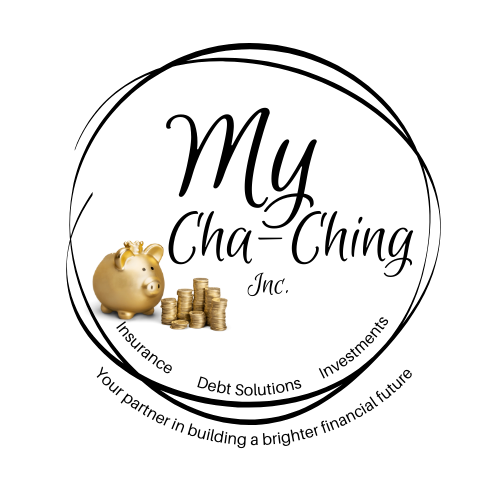Frequently Asked Questions
How much life insurance should I snag?
Rule of thumb: Aim for 7–10 times your annual salary. But remember, your situation's quirks—like dependents, debts, and big dreams—matter too. A life insurance agent is like a crystal ball for a more tailored number!
What kinds of life insurance exist?
The main varieties are:
Term Life: Covers you for a set period (10, 20, or 30 years, take your pick).
Permanent Life: Sticks around for life, with options like Whole Life and Universal Life that can grow some cash value on the side.
How's my premium calculated?
Several ingredients stir up your premium:
Age and Gender: Younger folks and women usually get a sweeter deal. Health and Lifestyle: Smokers or those with health hiccups might pay more. Coverage and Term: Bigger coverage or longer terms often mean bigger bills.
Can I score life insurance with pre-existing conditions?
Absolutely! You might face higher premiums, and some insurers might set a few rules, but it’s doable..
Is the death benefit a taxable?
In Canada, death benefits are typically tax-free as long as you have a named beneficiary.
Can I switch up my beneficiaries?
Sure thing! Just ring up your insurance agent to keep your list fresh and fabulous!
Inve$tment Lingo
TFSA: Tax-Free Savings Account, where your savings grow and can be withdrawn tax-free.
HBP: Home Buyer Plan, allowing first-time buyers to withdraw $60k tax-free for a house.
FHSA: First-Time Home Savings Account, tax advantaged account to help Canadians save for a down payment.
LIRA: Locked-In Retirement Account for pension funds from previous jobs.
RESP: School savings, aka Registered Education Savings Plan.
RRSP: Future savings, aka Registered Retirement Savings Plan, with perks like:
- Tax benefits! Contributions reduce taxable income.
- Investments grow tax-free until withdrawal.
- Taxes are deferred until retirement withdrawal.
- Contribution limits depend on your income (18% of last year's earnings).
- Unused space carries over indefinitely.
Segregated Fund: Investments with safety nets and a creditor shield, which skip probate.
Mutual Fund: Group investment in a diverse portfolio.
Risk Tolerance: How much market fluctuation you can handle comfortably!
Capital Gains: Profit from selling something for more than its purchase price.
Fixed Income: Regular income from investments like bonds.
Rate of Return: Your investment's performance.
Dividend: Earnings shared with you by a company.
Bull Market: Rising prices, like a charging bull.
Bear Market:
Falling prices, like a hibernating bear.


Insurance
Lingo

Term Life Insurance: The “I might need it for now” policy – perfect for covering that pesky mortgage beast.
Whole Life Insurance: The “forever and always” plan – like the Cadillac of life insurance, with a cash stash on the side.
Universal Life Insurance: The shape-shifting insurance that loves to invest and adapt – tax-free growth, anyone?
Simplified Issue Life Insurance: For those who want speedy approval, minus the doctor’s poking and prodding.
Guaranteed Issue Life Insurance: No exams, no questions, just a guaranteed nod for your final expense safety net.
Critical Illness Insurance: The superhero that swoops in with cash when illness strikes – because bills don’t take sick days.
Premium: The golden ticket to keeping your policy alive – affected by age, health, and how luxe you want your coverage.
Cash Value: The secret stash in permanent life policies – borrow, withdraw, but don’t forget the impact on the final payout.
Beneficiary: The lucky duck who gets the loot when you’re gone – keep this info fresh!
Face Value:
The jackpot your beneficiaries hit when you kick the bucket – choose wisely!

